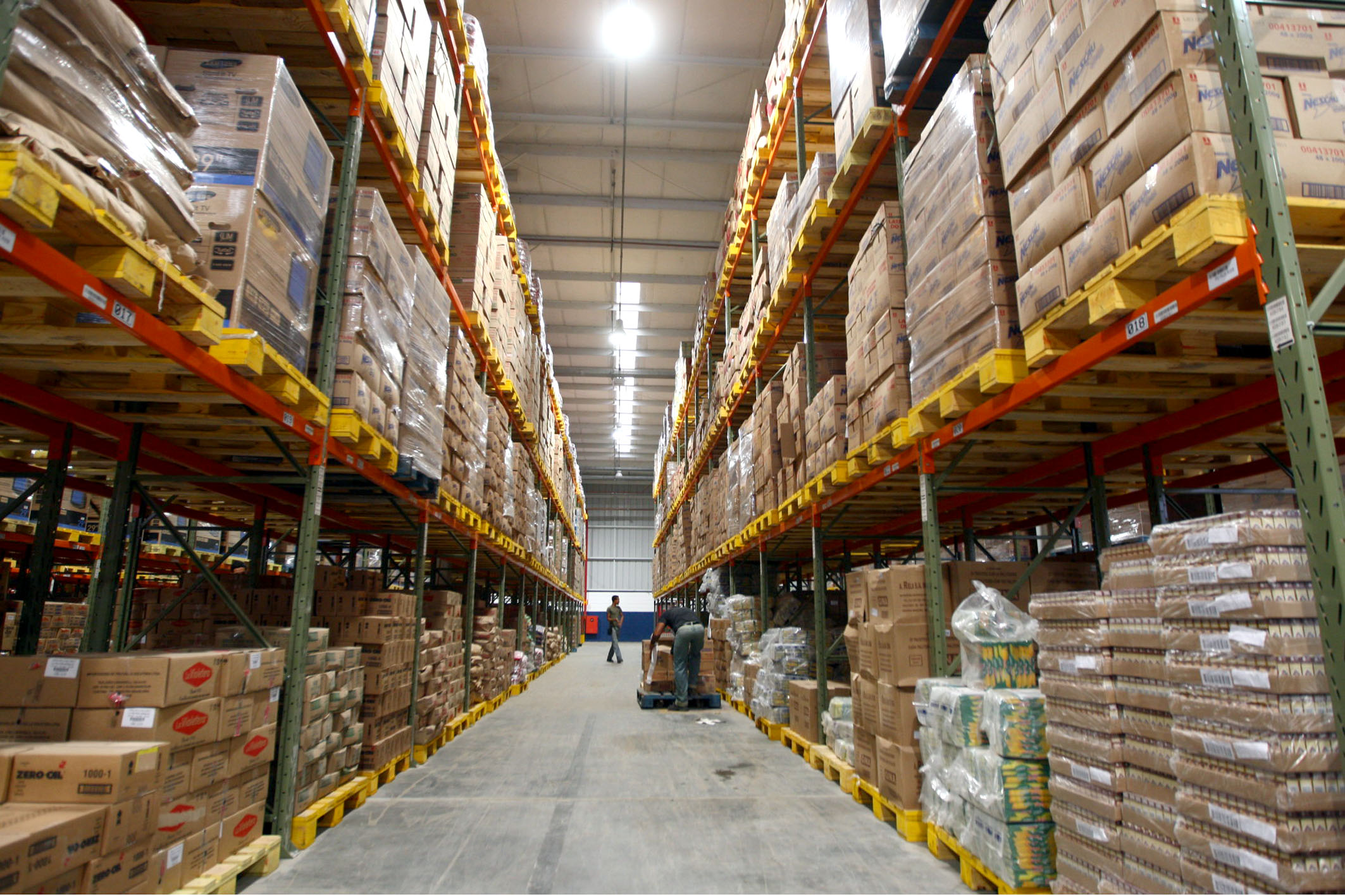Do you sell products and services through your ecommerce website? If so, you’ll doubtless know the pros and cons of such a venture. Let’s face it; most people buy things on the Internet these days, either from their computers or smartphones.
Any business worth their salt will be online and selling their wares on the Web. After all; if they don’t, they could miss out on a huge revenue opportunity! The truth is, setting up an e-commerce site isn’t without its bugbears.

So, what are the most complained about issues e-commerce sellers have, in general? Here are the top ten things online retailers hate the most:
1. Not being told about the initial cost
Some people assume that it won’t cost much to set up an e-commerce site. After all; there are plenty of “click and build” type services online, right? Well, if you want an online store that doesn’t have a cookie-cutter feel to it, and you want a bespoke solution, you have to pay for it.
As you can imagine, a unique online store solution could cost thousands. But, if you’re confident you’ll make a good return on items sold, that initial price shouldn’t matter so much in the long-term.
2. Not having the right support
Years ago, having the support to backup a new e-commerce installation was almost like trying to find the Holy Grail! These days, it’s no so much of a problem. A simple Google search on “Magento Support”, for example, will return a list of people that can help you out.
If you’re new to the world of e-commerce, you shouldn’t assume the people that build your site for you will provide all the help you need. And that’s a real bugbear for e-commerce newbies! The thing to take away from this point is simple: always find out what support you’re likely to get before you hand any money over!
3. Deciphering the mystical world of payment gateways
The easy option to take payments on your website is to integrate your site with PayPal. After all, everyone uses the service, right? The truth is, many of your potential customers would rather pay with a debit or credit card. Merchant accounts uk offer tailored solutions to meet the specific requirements of businesses operating in the United Kingdom.
If you want to accept payments on your website, you have to apply for a merchant account and payment gateway. You’ll also need to ensure data gets encrypted by installing an SSL certificate on your site.
4. Competing with other sellers
One of the biggest issues new sellers have is trying to compete with established sellers in the marketplace. Some of the larger companies buy products in bulk, and so they can afford to offer their items at prices lower than trade.
Still, such a problem shouldn’t stop you from making money. Yes, people want a good deal on what they buy. However, most also want to enjoy the best possible service to backup their purchases.

5. High delivery costs
When you sell physical products online, you will need to send them out to your customers after they’ve paid you. But, have you noticed how expensive it is to send things these days? Even if you use a regular postal service?
Courier companies will give e-commerce sellers discounts on parcel deliveries. The only trouble is, you have to commit to a minimum number of shipments per month. Of course, there’s no way of knowing what that is if you’re starting out for the first time. Did I hear someone shout “catch 22 situation”?
6. Hosting issues
When you run an e-commerce operation, it is critical that your web host offers 100% uptime (or a percentage very close to that). If you happen to choose a host that seems to suffer from regular outages, many things will happen as a result:
- Your customers will go elsewhere because your site is down;
- You lose potential revenue, which affects your turnover and profit;
- You end up paying for hosting that doesn’t deliver the expected level of service.
There are thousands of hosting firms out there, and it can often be hard to find out which ones offer the best uptime and service.
7. Dodgy customers
The sad truth is that all sellers will encounter fraudulent transactions at some stage. When that happens, the result can sometimes be devastating for the e-trader concerned. Card companies will likely do a chargeback if the transaction is reported as fraudulent.
If the order in question is worth a few grand, you can kiss your payment (and products) goodbye. The good news is e-traders can lessen the likelihood of such events from happening. Even so, no-one can guarantee they will never happen, despite the extra fraud prevention measures put in place.
8. Sites that don’t work well in mobile browsers
When you pay someone to build your site, you expect that mobile visitors can use it and buy stuff on their smartphones and tablets. Sometimes if you build the site yourself, you might not have the tools needed to test your online store on a variety of devices.
Web design is an important aspect of any site, regardless of whether it gets used to sell things or not. It can be a real hassle to “fix” a site so that it works well in a mobile web browser!
9. Slow website loading times
Even if you use a fast web host, your e-commerce site might take a while to load up in people’s browsers. And that’s taking into account high-speed Internet connections too!
Some e-commerce platforms are complex in nature and load many “resources” before it can display a page. Speed is crucial in keeping visitors on your site and getting them to buy things. As you can imagine, it’s somewhat frustrating when you have to wait for a slow-loading web page!
10. Bandwidth theft
Last, but not least, there is the age-old problem of bandwidth theft. Some unscrupulous people on the Internet will sell the same products as you and have the gall to link directly to your images! They do this because it means their site visitors won’t eat up their bandwidth.
Meanwhile, you end up paying extra hosting charges as a result!












